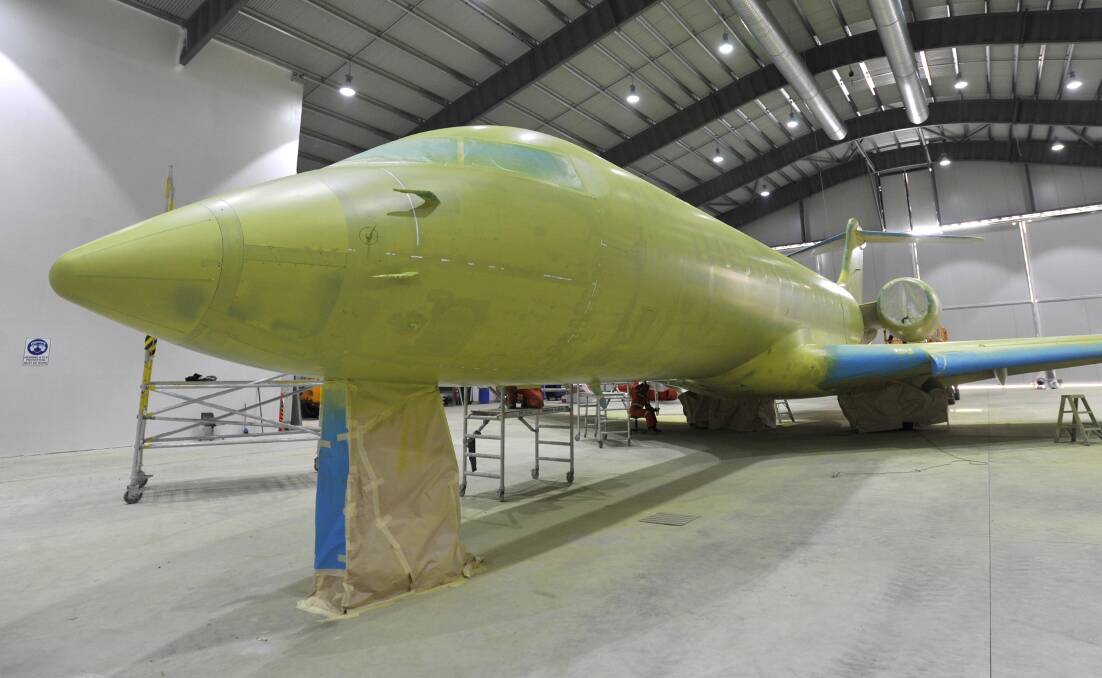
Ratepayers have a right to failed loan transparency
As a matter of urgency, Wagga City Council should release the unredacted external auditor’s report into the failed $2.5 million Douglas Aviation loan.
Subscribe now for unlimited access.
$0/
(min cost $0)
or signup to continue reading
Wagga City Council should also release to the ratepayers and residents of Wagga all the information relating to the Riverina Intermodal Freight and Logistics (RIFL) Hub.
The information should include RIFL’s cost benefit analysis, how much money Wagga City Council has spent on RIFL to date and projected expenditure.
Wagga City Council should also provide details on how much freight has been confirmed and not projected.
This project is better left in the hands of private enterprise.
Jeff Stien
Wagga
Time for government to wake up to dining boom
There’s an industry waiting in the wings to take up some of the slack left by mining and manufacturing in the Australian economy.
All it needs is a bit of government support.
Hundreds of millions of dollars in production is being unnecessarily lost and as a nation we must do something about it.
The mining industry continues to struggle and predictions indicate it is not going to improve any time soon.
Our car manufacturing is winding down to non-existence, taking with it other support businesses.
It is time the federal government woke up to the fact there is a potential dining boom that could generate billions of dollars in domestic and export income.
All the ingredients are there … we just have to add water.
It’s not difficult, nor is it complex.
We simply need governments and bureaucrats with the courage to acknowledge that mistakes have been made in recent years and do something to rectify it.
Changes to water sharing arrangements now have a significant bias towards the environment and the economic cost is way beyond what most people could comprehend, yet the scientific evidence to prove the level of benefit is still lacking.
It is vital that we protect the environment throughout the Murray-Darling Basin.
That is understood and accepted by everyone, especially food producers who live and work in the region.
But we must ensure all water is being effectively used, in particular at a time when we need to be producing food that can have a huge economic impact in regions, and the nation as a whole.
In recent years, 27 per cent of water has been removed from productive use in the Murray Irrigation region, at a cost of hundreds of millions of dollars a year.
There are similar problems in the Lachlan Valley, where food producers have just watched $60 million worth of production for the region go down the river in a translucent environmental flow, much to the anger of Lachlan Valley Water.
Its chairman, Tom Green, questioned the benefit of this water to the environment when governments had already acquired 125,000ML of licences over the past six years for environmental purposes.
Current economic issues being faced in Australia must surely be the trigger for governments to act.
As former Prime Minister Gough Whitlam once famously said, “it’s time”.
A review of how we used our precious water resources was essential and this occurred under the Murray-Darling Basin Plan. It found we had to swing the pendulum more towards the environment.
But we have inadvertently swung it too far and it’s now time to find the right balance so we have healthy rivers, and also grow the food on which we rely.
This ‘win-win’ situation is not difficult. All it takes is the political willpower to acknowledge past mistakes and fix them.

